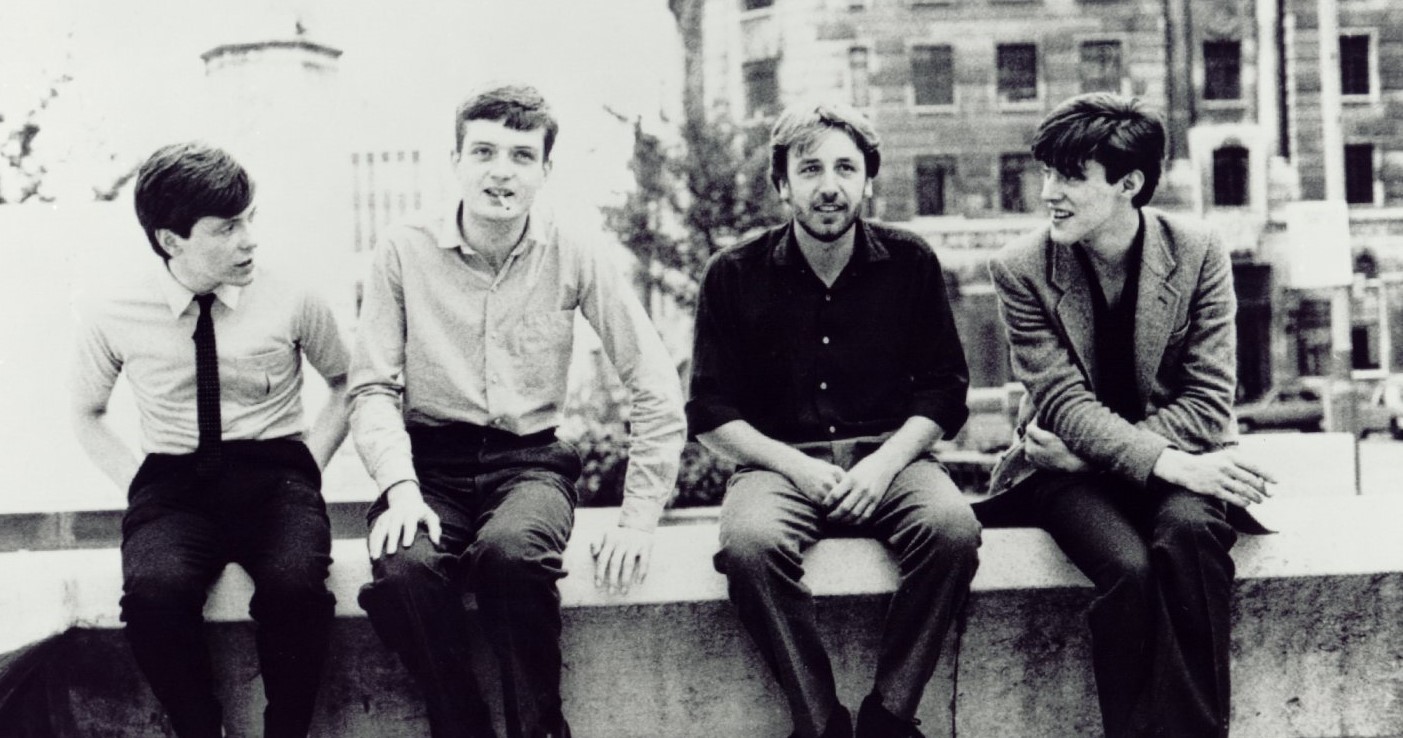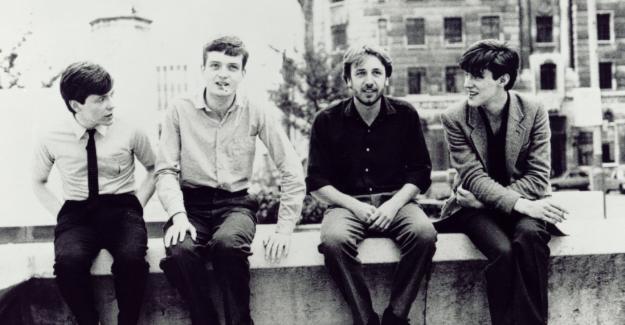Formed in early 1977 in Manchester, Joy Division became one of the first punk bands to emphasise mood and expression, as oppose to anger.
Ian Curtis' haunting lyrics and tortured melodies helped Joy Division transition from '70s punk band into melancholic alternative '80s group. Joy Division were in existence between 1978 and the early '80s. They released four singles, three EP's (including compilations with other artists), and three full length albums – "Unknown Pleasures" (#71, 1979), "Closer" (#6, 1980) and the compilation "Still" (#5, 1981). Their best known song, "Love Will Tear Us Apart", reached number 13 in the pop charts during summer 1980: it has since become a 20th century classic.
Today, Joy Division are now regarded as an influential group from their time and place. Their fusion of music, words and performance, iconic sleeves by Peter Saville, Situationist-style promotion by Tony Wilson, passionate management by Rob Gretton and ground-breaking productions of Martin Hannett, conveying an authenticity and intensity that spans the generations.


